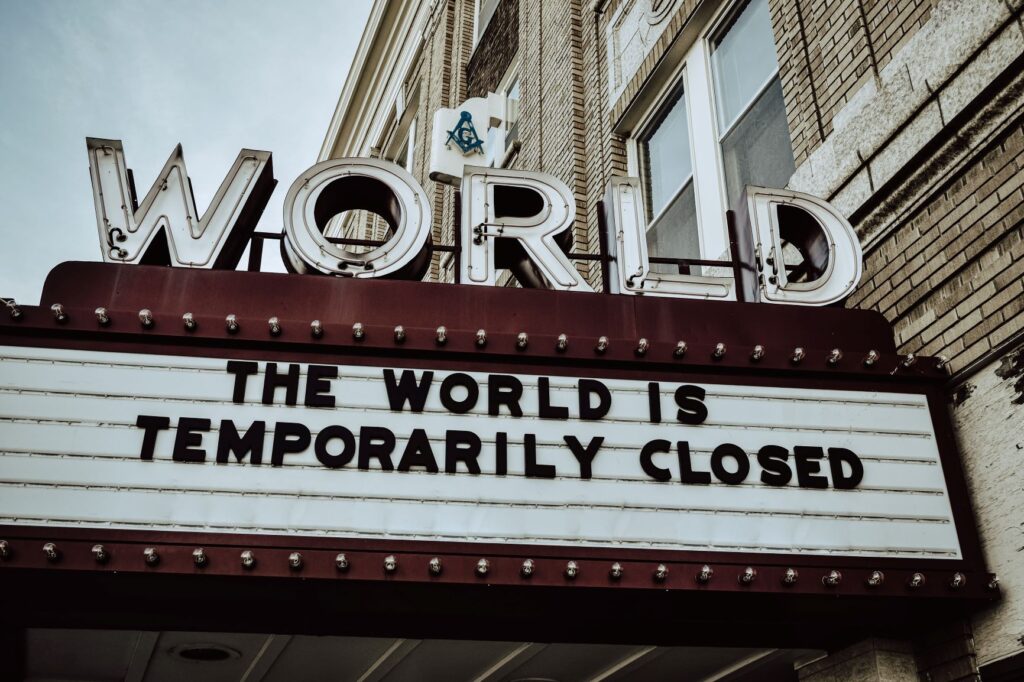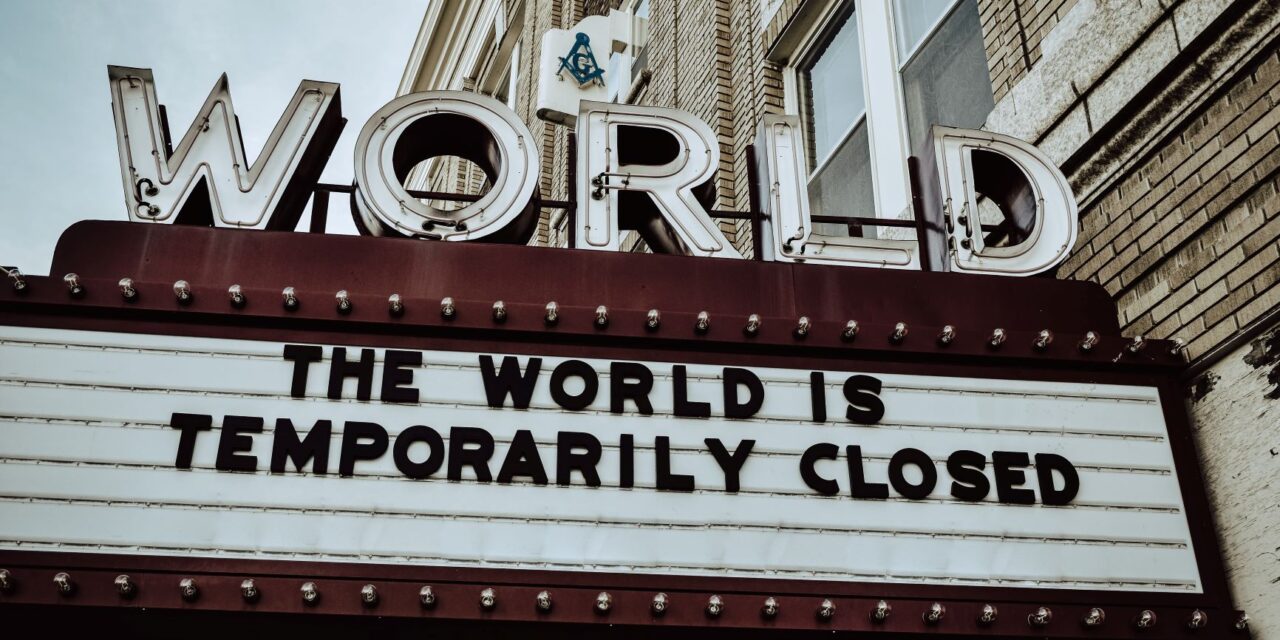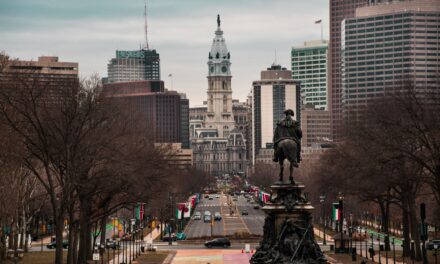
Assistant Editor Lisa Low: Last summer, one of my friends who’s a therapist talked to me about the difficulty of her work during the pandemic and in the aftermath of George Floyd’s murder. You might have similar experiences as your client, she told me, like a similar traumatic childhood event, but usually it’s in the past and you’ve processed it, at least in part. You’re not usually helping someone work through something while also working through it yourself.
While writing and therapy are so different from each other, this conversation made me think about the work we do as writers in the moment, and the closeness we can have to our subjects, a relationship that can make writing difficult. There’s the dictum circulating in writing workshops, probably in response to this idea, that says to wait a number of years before writing about an event. I personally have been too intimidated to write about the pandemic while still in it, unsure of how to acknowledge scope, uncertainty, and tragedy. On the other hand, writing about this moment also suggests urgency and necessity—important work that grapples with not knowing.
As I continue to reflect on writing’s relationship to current events, I gathered a roundup of pandemic-related creative work, blog posts, and interviews from The Cincinnati Review and friends. The twelve pieces below offer a range of takes on how to write about the moment:
- Interview with Aditi Machado: Poet, translator, and new University of Cincinnati faculty member discusses the ups and downs of teaching and writing during the pandemic, along with thoughts on her translation work and new poetry collection Emporium (Nightboat Books, 2020). Writing, for her, hasn’t been a focus in the pandemic, but “poems I’d written in late 2019 and early 2020 were rife with images of what now we’re calling a global pandemic,” an experience she found disturbing.
- Poem by Amit Majmudar: “An American Nurse Foresees Her Death,” a persona poem by CR contributor Majmudar, appears in the pandemic anthology Together in a Sudden Strangeness (Penguin Random House, 2020) and in the longer sequence “Antiviral Cocktail” in Rattle. “Writing about the ongoing pandemic requires a willingness to have your work rendered irrelevant in real time,” Majmudar said in an email, referring to early-pandemic worries that are already becoming obsolete. “It’s a risk worth taking! Most writing requires a bit of chronological distance to get the right aesthetic distance. Nonetheless, I think some universal feelings—fear of mortality, isolation and loneliness, anger at incompetence in power—find a natural outlet in pandemic prose and poetry. So those pieces may well age better than we think! In any case, this isn’t the first pandemic, nor will it be the last—hopefully future readers will read about our own trials this past year, experience a moment of recognition, and take solace.”
- Essay by Danni Quintos: In “My mother and I haven’t talked about the Atlanta spa attacks,” published in Salon this past weekend, miCRo contributor Quintos explores family relationships in light of colonization, anti-Blackness, pandemic restrictions, and #StopAsianHate. For Quintos, who differs from her mom in viewpoints on mask mandates, vaccines, and the impact of words (slurs as well as expressions of protest and anger at injustice), “The type of silence my mom wants us to perform does feel akin to both assimilation and colonization.”
- Chapbook by Denise Duhamel: “Brutality can super-spread through infectious viral videos,” contributor Duhamel writes in Strength, a chapbook published in Four Quartets: Poetry in the Pandemic (Tupelo Press, 2020). In the poem where this line appears, like the collection as a whole, the pandemic cannot be talked about without mourning victims of police brutality and the existence of “the prez … [who] builds a Wall/‘Baby gate’ around the White House.”
- Interview with Felicia Zamora: In an October conversation with CR, poet and new University of Cincinnati faculty member Zamora shares about her photography work, titling her new collection I Always Carry My Bones (University of Iowa Press, 2021—out this month!), and how her teaching and writing practices have changed in the pandemic. “Poems feel scavenged, piecemealed, and anti-choreographed in a reflective way of my own navigation in the world at this moment in time,” she says about writing right now.
- Essay by Kent Kosack: “Before the pandemic hit, I often wrote about loss and loneliness,” Kosack says in an email about the context of writing “Cells,” forthcoming in our fall issue. “But the pandemic has broadened and deepened this sense of loss. My particular loss, the death of my father, is now part of a global event that has affected everyone, from the loss of loved ones and livelihoods to little losses that add up to erode the life you’d established. Your favorite coffee shop now shuttered. The caution tape cordoning off the local basketball court. Yet, despite the depth and breadth of these losses, we’ve also been denied our traditional ways to grieve. Maybe that’s where art, where writing can step in. Writing as a space to grieve, to document this moment, to investigate it and, in doing so, combat the isolation, the uncertainty, and the ongoing slog the pandemic has become.”
- Poem by Lisa Ampleman: Our managing editor has a poem, alongside Sonja Livingston (see below), in a pandemic feature for America Magazine. “Financing the Burials” connects a city councilman to the biblical figure Joseph of Arimathea: “During Holy Week / a city councilman / calls for a relief fund / so his working-class / constituents can afford / to cremate or bury / their dead,” Ampleman writes as the poem negotiates individual/state, life/death, and what it looks like to care for our dead.
- Poem by Pauletta Hansel: A micro feature from Cincinnati’s first poet laureate, “Poem from the Pandemic,” plays with scale, juxtaposing a small carp with the intensity of looming natural disaster. “Yesterday’s kindness—one small gray fish / in a puddle of river along the concrete path,” the poem opens, “scooped up in a broken Styrofoam cup, / returned to water, receded now into its banks.”
- Blog post by Sakinah Hofler: In “What We’re Reading … During These Times,” former Assistant Editor Hofler shares why she’s currently drawn to post-apocalyptic fiction—the “Doom and Gloom” genre most people associate with this moment—as well as a collected reading list from contributors on what they’re reading during the pandemic.
- Poem by Sonja Livingston: “Quarantine,” by CR contributor and former Guest Nonfiction Editor Livingston, powerfully situates personal loss in the larger context. Livingston writes in an email, “I’m usually an essayist but trying to make sense of what’s happening in the present doesn’t work as well in nonfiction. I find that reality needs time to settle and stew before it offers itself in an essay. But poetry makes room for the intense contradictions, wild swing of emotion and fragmentations of the present moment. In this case, my father-in-law was dying. The pandemic was in full-swing and going inside to visit was impossible. My husband could only look up and speak to his father through an upstairs window. Meanwhile, the world continued with crocuses blooming in the yard. Such intense realities seemed to demand expression and poetry offered a way in.”
- Blog post by Toni Judnitch: “My typical prepandemic writing routine often found me in a coffee shop, rewarding myself for reaching word-count goals by caffeinating myself to dangerous levels. This wasn’t possible during mandatory shutdowns,” Assistant Editor Judnitch says in “On Writing During a Global Pandemic.” “When you can’t write, read” is one of her tips for how to keep writing in a time of isolation and grief.
- Poem by Zhihao Zhang, translated by Yuemin He: Zhang is a Wuhan-based writer whose series of yearly reflection poems took on new resonances in “End of the Year Poem, 2020,” a miCRo feature in February. I spoke with translator Yuemin He over email, who shared, “It has been a year and a half that I have not visited my octogenarian father and bedridden mother an ocean away, a full year that I have not seen my office mates or hugged my sons. In between now and a year and a half ago, I had several deaths in the family and friends. My car battery died twice because of nowhere to go and I’ve walked my dog on the same route so many times that he would dig his feet into the ground and announce, ‘I prefer not to.’ And I am fully aware what I have experienced is not the worst and many of our fellow beings do not have any choice. During times like this, I picked up poetry translation that I had only been working on intermittently. Instead of the classic and ancient texts, I translate contemporary works as a way to find words to convey the visceral anguish all of us feel, to connect with those who are stranded in the same state of being, and to declare that human spirit shall never be broken no matter how the virus raises winds and waves.”
We’re thankful for each of these writers who continue to clarify and expand what our work as writers is in this time, making those declarations in the moment, even as it can be hard to speak.











